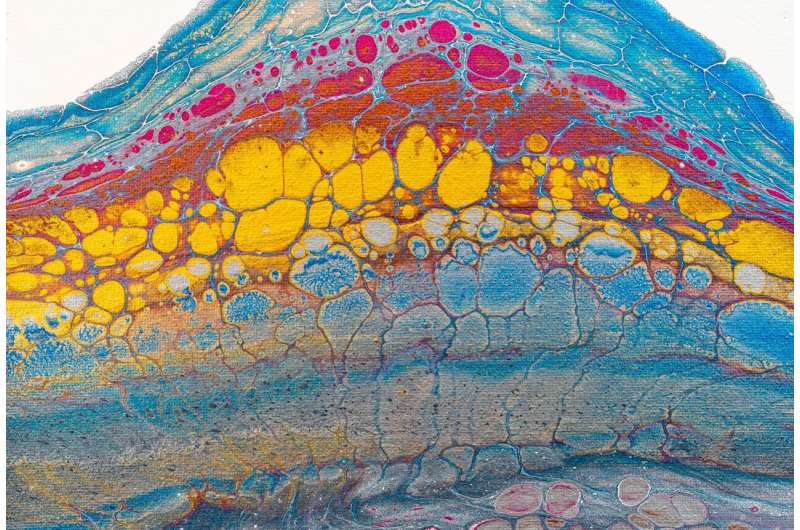Preoperative Radiation Therapy Shows Promise in Reducing Pancreatic Cancer Recurrence

New research indicates that preoperative targeted radiation therapy can improve local tumor control and reduce recurrence in pancreatic cancer, opening new possibilities for treatment strategies.
Recent research from UT Southwestern Medical Center suggests that integrating targeted radiation therapy before surgery could significantly improve outcomes for patients with pancreatic ductal adenocarcinoma (PDAC), one of the most aggressive and deadly cancers. The study, published in Clinical Cancer Research, highlights that administering high-dose stereotactic ablative radiotherapy (SAbR) prior to surgical removal enhances local tumor control and may decrease the chances of cancer returning at the original site.
Pancreatic cancer remains a formidable challenge, with many patients experiencing tumor regrowth even after chemotherapy and surgery. Dr. Todd Aguilera, the study’s lead author, explained that the approach of combining radiation with chemotherapy prior to surgery could be crucial in managing tumor recurrence. The study involved 181 patients treated between 2012 and 2023, where some received SAbR alongside standard neoadjuvant chemotherapy. Interestingly, molecular analysis using RNA sequencing revealed that SAbR not only improved local control but also potentially stimulated the immune system, boosting the activity of cancer-fighting lymphocytes.
While overall survival rates did not differ significantly, the reduction in local tumor regrowth is a major step forward. Dr. Aguilera emphasized that controlling local recurrence can alleviate patient suffering, especially as systemic therapy options continue evolving. Additionally, the research opens the door for exploring combined approaches with immunotherapies, aiming to enhance anti-tumor immune responses.
Advances in high-resolution molecular analysis, including single-cell RNA sequencing, are helping researchers understand how radiation impacts the tumor microenvironment at a cellular level. These insights are invaluable in developing more targeted and effective treatments tailored to each patient. The multidisciplinary efforts at UT Southwestern exemplify the importance of integrated research and clinical care in tackling complex cancers like PDAC.
This study underlines the potential benefits of presurgical radiation therapy in pancreatic cancer treatment, promising a new avenue to improve disease control and patient quality of life. The findings serve as a foundation for future clinical trials aimed at combining high-dose radiation with immunotherapy to further enhance treatment efficacy.
Stay Updated with Mia's Feed
Get the latest health & wellness insights delivered straight to your inbox.
Related Articles
Study Finds No Causal Link Between ADHD Medication and Psychosis
New research shows that stimulant medications for ADHD do not cause psychosis in children. The study highlights that previous links were confounded by shared risk factors, reaffirming the safety of these treatments.
Research Confirms Loneliness and Heart Disease Link Across Cultures
A groundbreaking study confirms that loneliness significantly increases the risk of heart disease across both collectivistic and individualistic cultures, emphasizing the importance of social connections for cardiovascular health.
Breakthrough in HIV Vaccine Research Identifies Potent New Antibody Target
Scientists have made a significant breakthrough in HIV vaccine development by identifying a new antibody target capable of neutralizing diverse HIV strains. This advance could pave the way for more effective vaccines against the virus, with early human trials already underway.
Canada's New Guidelines for Neurotechnology Regulation Emphasize Indigenous Rights and Ethical Innovation
Canada is developing new regulatory guidelines for neurotechnology, emphasizing ethical innovation, Indigenous rights, and public trust to guide responsible neurotech advancement.



